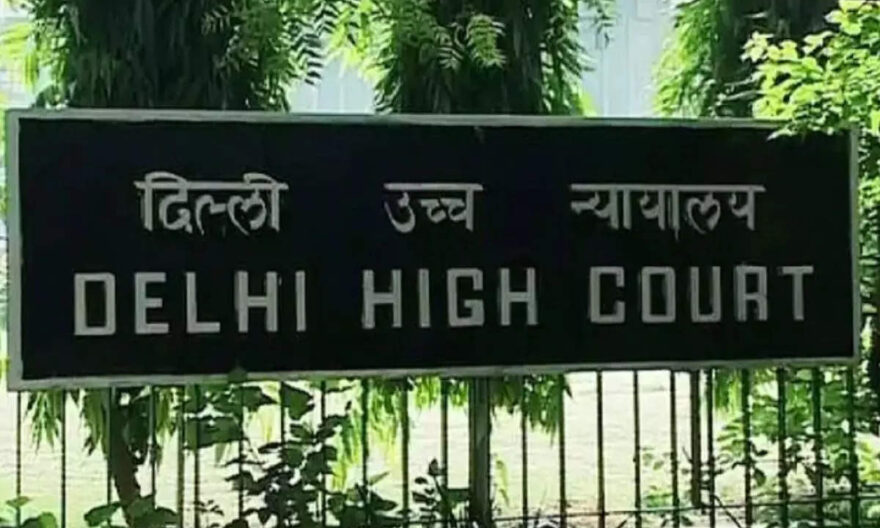
In a highly unusual sequence of events, the Delhi High Court recently utilized its own initiative to transform a public interest litigation (PIL) petition into a review plea challenging a trial court’s decision to dismiss a case under the Prevention of Children from Sexual Offences Act (POCSO Act). This case pertained to two individuals accused of viewing and distributing child pornography.
What is the definition of “Revision” in the context of the court?
“Revision” implies when the High Court call for the record of any case which has been decided by any Court subordinate to the High Court where no further appeal is permissible. Upon review, if the said subordinate court is found:
(a) To have assumed a jurisdiction not conferred upon it by law, or
(b) To have neglected to exercise a jurisdiction duly conferred upon it, or
(c) To have acted in an unlawful manner or with significant irregularity while exercising its jurisdiction,
the High Court is authorized to issue appropriate orders deemed suitable for the circumstances of the case.
Facts of the Case
A public interest litigation was brought before the honorable Delhi High Court, contesting the decision of the trial court which had acquitted two individuals of charges under Section 15(2) of the Protection of Children from Sexual Offences Act, 2012 (POCSO Act). Additionally, the PIL sought relief and urged the court to establish guidelines for handling cases involving Child Sexual Abuse Material (CSAM) concerning unidentified child/children, whether online or offline.
In this matter, an FIR was lodged, leading to the submission of a charge sheet under Sections 67B of the Information Technology Act, 2000 (IT Act), Section 15(2) of the POCSO Act, 2012, and Section 120B of the Indian Penal Code, 1860 (IPC), with a request for further investigation.
Nevertheless, the trial court determined that Section 15(2) of the POCSO Act couldn’t be applied to individuals due to the absence of criteria for ascertaining the age of the children portrayed in pornographic materials. Consequently, the accused were acquitted of the charges under Section 15(2) of the POCSO Act.
Court’s Ruling
The court observed that public interest litigations (PILs) in criminal matters are generally not accepted. It found the request to establish guidelines for POCSO Special Courts in cases involving Child Sexual Abuse Material (CSAM) of unidentified children unnecessary, as existing legal provisions were deemed adequate.
However, after reviewing an order dated September 1, 2023, the court identified significant legal errors that led to a miscarriage of justice.
The bench noted that the trial court had interpreted Section 15(2) of the POCSO Act solely based on the definition of ‘child’ in Section 2(d), ignoring the definition of ‘child pornography’ in Section 2(da) of the same act. Referring to the case of Parthasarathi M vs. State of Kerala, it reiterated that strict proof of the victim’s age is not always necessary in cases of child pornography.
The court highlighted that the High Court’s revisional jurisdiction can be invoked suo motu in cases of manifest illegality or when courts have erred in appreciating the evidence. Consequently, the Court decided to use its suo motu revisional jurisdiction under Section 397 read with Section 401 CrPC and scheduled for a hearing before a learned Single Judge on May 21, 2024.




